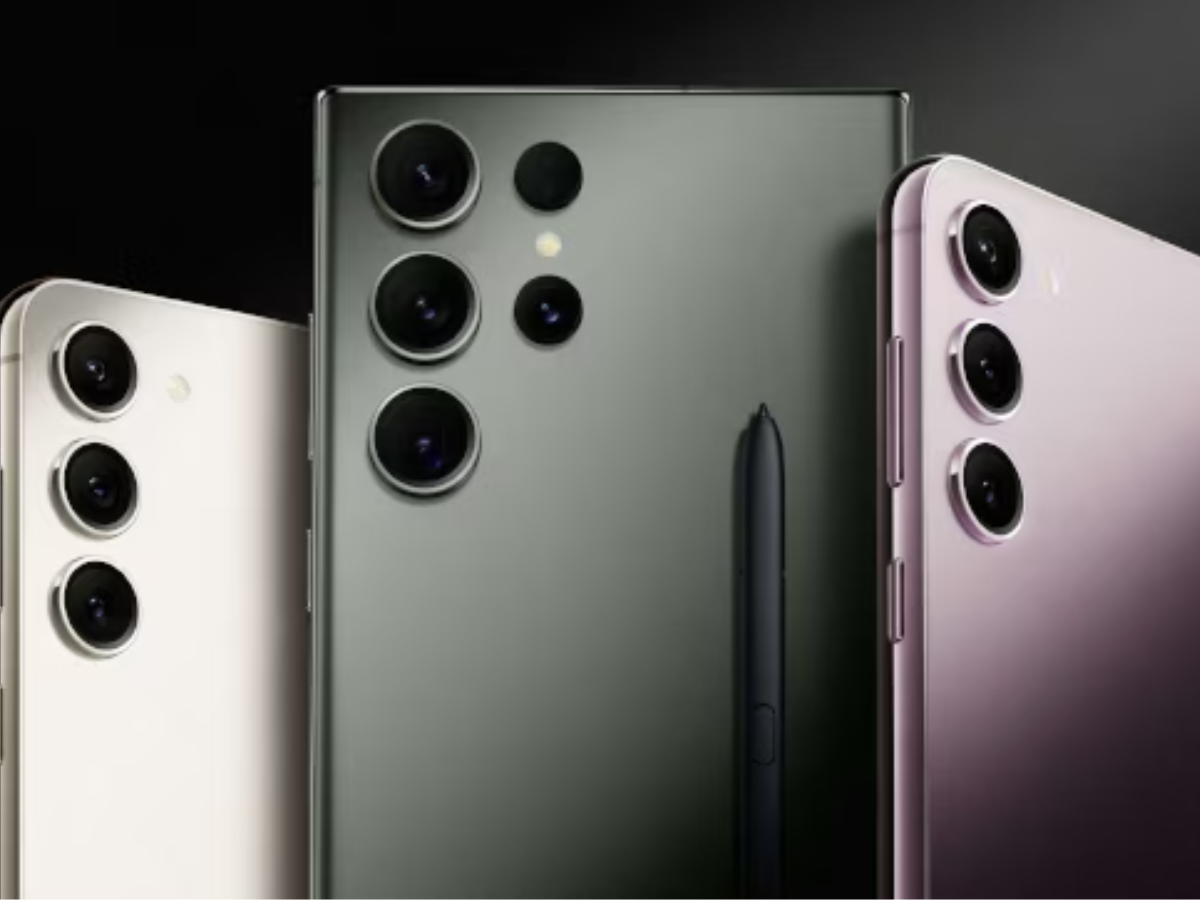The battle for your Android phone’s digital assistant is heating up. Google Assistant, the longtime reigning champion, may soon face a serious challenger: ChatGPT, the popular AI chatbot from OpenAI. While ChatGPT has been available on Android for some time, recent developments suggest it may be preparing to take on a much bigger role.
Key Highlights:
- ChatGPT’s Android app hints at becoming the default assistant.
- Voice control functionality in development, challenging Google Assistant’s dominance.
- ChatGPT’s strengths in natural language processing and conversational AI could be game-changers.
- But concerns linger about data privacy, factual accuracy, and integration with Android ecosystem.

Code uncovered within the latest ChatGPT app points towards the ability to set it as the default assistant, potentially allowing users to interact with it through voice commands just like they do with Google Assistant. This move, if confirmed, would mark a significant step for ChatGPT, bringing it into direct competition with Google’s ubiquitous AI helper.
ChatGPT boasts several advantages that could make it a compelling alternative. Its natural language processing capabilities are widely praised, allowing for more nuanced and engaging conversations compared to Google Assistant’s often script-based responses. Additionally, ChatGPT’s strength in generating creative text formats like poems, code, scripts, and musical pieces could appeal to users seeking a more expressive AI companion.
However, replacing Google Assistant is no easy feat. Google’s AI is deeply integrated into the Android ecosystem, with tight connections to various Google services and apps. This level of integration gives Google Assistant a significant advantage in terms of functionality and convenience. Moreover, concerns about ChatGPT’s data privacy practices and potential for factual inaccuracies remain, raising questions about its suitability as a trusted assistant.
The battle for Android’s digital assistant throne is far from over. While ChatGPT’s potential is undeniable, it faces significant hurdles before it can truly dethrone Google Assistant. Ultimately, the choice may come down to user preference and how each AI adapts to the evolving needs of Android users.
Beyond the immediate competition, the rise of ChatGPT highlights a broader trend in the AI landscape. Generative AI models are rapidly advancing, blurring the lines between human and machine communication. This development holds immense promise for the future of human-computer interaction, but it also raises important questions about ethics, data privacy, and the potential impact of AI on society. As we move forward, it is crucial to have open and informed discussions about the responsible development and deployment of these powerful technologies.

















